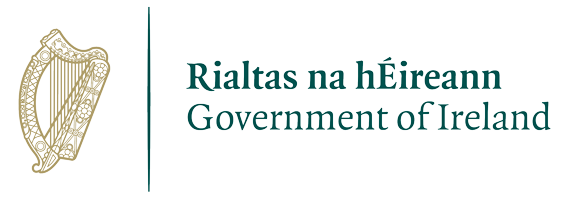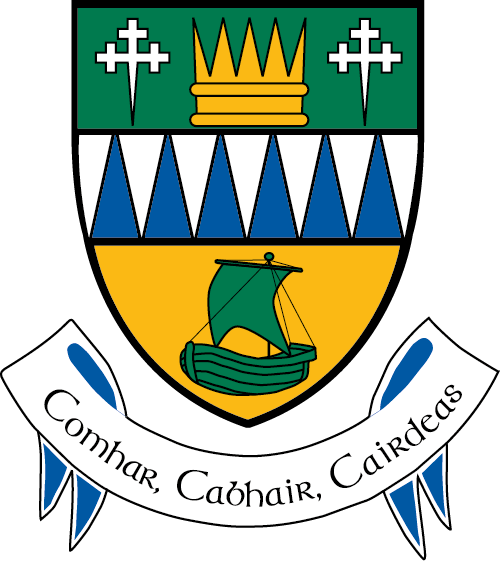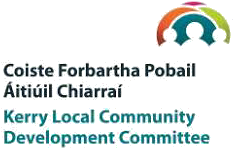Private rented accommodation is most commonly sourced through websites, to-let sections of newspapers, property agents, shop notice boards, student services and word of mouth.
Popular websites for renting in Ireland such as daft.ie, rent.ie and myhome.ie allow you to search by area or transit route and list all different types of accommodation. Searching online is also a great way to see your options and get ahead before you move from your home country.
Short Term Rental Accommodation in Ireland
Short-term lets are stays of less than 14 days at a time. For example, if you rent out your property on a booking website such as Airbnb so people can stay there for a weekend.
The short-term letting regulations
There are a number of websites that will help you to find a short term lease property. Here is a few of them:
Long Term Rental Accommodation in Ireland
Shared Rental Accommodation in Ireland
Shared accommodation means that renters live in the same apartment and share specific spaces. Typically, each renter has their own bedroom and shares other rooms, such as the living area, kitchen and sometimes the bathroom. Shared living means that you will share a home with other people
If you have a small budget, then have you considered sharing a room? There are a number of sites that will help you find shared accommodation:
Types of Tenancy Agreements
There are various different types of tenancy agreements and leases available. The Residential Tenancies Act applies to every dwelling which is the subject of a tenancy.
Tenants and landlords should be clear on their status within a tenancy.
The Residential Tenancy Agreement
Fixed Term Tenancy
A fixed term tenancy is one that lasts for a specific amount of time as specified in the tenancy agreement or lease.
A ‘Part 4’ tenancy runs alongside a fixed term tenancy, which means the tenant shall, after a period of 6 months occupation, become entitled to the provisions of a ‘Part 4’ tenancy.
If your tenancy was created before 11 June 2022 and you have been renting for at least 6 months and haven’t been served with a valid written notice of termination, you automatically get security of tenure and can stay in the property for 6 years. This is known as a Part 4 tenancy.
Click here for further information on the duration of ‘Part 4’ tenancies
This means that irrespective of the length of the fixed term lease, a tenant has an entitlement to remain in the dwelling for the duration of the ‘Part 4’ tenancy* and the landlord can only terminate the tenancy on limited grounds.
In general, you cannot end the tenancy before the end of the term unless:
- The landlord has breached their obligations
- You are exercising a break clause
- You have got someone to replace you
- You and the landlord both agree to end it
Approved Housing Bodies
Approved Housing Bodies (AHBs) provide and manage social rented housing. They are not for profit organisations formed for the purpose of relieving housing need. AHBs provide housing in response to a range of different needs including families on low incomes; households with special needs; such as older persons; people with disabilities; and homeless persons. AHBs work in partnership with Local Authorities and take nominations from the Local Authority’s social housing waiting list to fill available accommodation provided by the AHB.
Security Deposit
Security Deposits Checklist
A security deposit is a sum of money that is paid by a tenant to the landlord usually before a tenancy commences or on the date of commencement of the tenancy.
How Much is a Security Deposit?
A landlord cannot seek a deposit for a property that is more than the equivalent of one month’s rent for that property. The security deposit should be agreed and a signed and dated receipt provided to both the landlord and tenant.
When Should a Security Deposit be Returned?
The security deposit should be returned to the tenant promptly at the end of the tenancy, unless lawfully withheld.
The deposit does not have to be returned to the tenant on the day they leave the accommodation, however the landlord must return the deposit promptly. Time should be allowed for an inspection at the end of a tenancy, and for any repairs/ cleaning to be carried out.
landlord and Tenant obligations – information for Ukrainians resident in Ireland (pdf)
From 4 April 2022, new legislation was introduced requiring landlords to register each of their tenancies with the RTB every year. This must be completed within one month of the anniversary of when the tenancy began.





